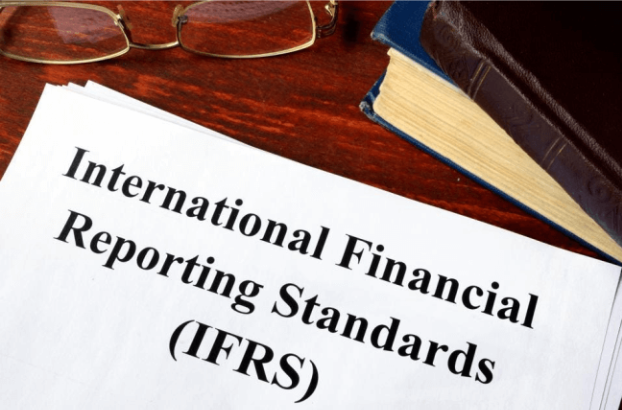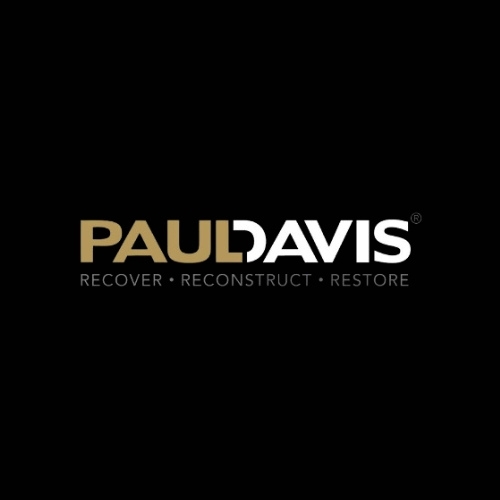The rise of sustainability as a core component of corporate value has ushered in a new phase in financial and non-financial reporting: the Assurance Era. With the introduction of IFRS S1 and S2 by the International Sustainability Standards Board (ISSB), the UK and global markets are entering a pivotal moment where ESG (Environmental, Social, and Governance) disclosures must move from voluntary narratives to credible, auditable data.
For UK businesses, these standards mark a significant shift—not just in what companies report, but how that information is validated. Assurance over ESG data is no longer optional. It is quickly becoming an expectation from regulators, investors, and the broader public.
Understanding IFRS S1 and S2: The Foundation for Sustainability Disclosure
Before diving into assurance, it’s essential to understand the role of the two new standards:
- IFRS S1: General Requirements for Disclosure of Sustainability-related Financial Information – This standard establishes the overall framework for sustainability disclosures, requiring companies to report material information about all sustainability-related risks and opportunities that could reasonably be expected to influence investors’ decisions.
- IFRS S2: Climate-related Disclosures – This is a climate-specific standard, aligned with the TCFD pillars (Governance, Strategy, Risk Management, Metrics & Targets), and requires detailed reporting on climate risks, opportunities, and greenhouse gas (GHG) emissions.
Both standards aim to ensure that ESG data is consistent, comparable, and connected to financial reporting. And critically, they both open the door to assurance requirements—bringing ESG reporting into the same domain of rigour traditionally applied to financial statements.
Why Assurance Matters Now More Than Ever
Investor Demand for Trustworthy ESG Data
In the UK, institutional investors are increasingly vocal about their need for decision-useful, assured ESG data. Investors are no longer satisfied with high-level sustainability promises or selective case studies. Instead, they want to see verified data—particularly around climate risks, carbon footprints, and forward-looking strategies.
IFRS S1 and S2 provide a globally accepted standard for ESG disclosures, and assurance over those disclosures helps close the trust gap between companies and capital markets.
ESG Data = Financially Material Data
The ISSB framework firmly positions ESG information as financially material. That means it influences investment decisions and should be held to similar assurance standards as financial information. As a result, sustainability data now falls within the remit of audit and assurance teams.
Stakeholder Pressure and Reputation Risk
Beyond investors, UK businesses are under pressure from regulators, NGOs, customers, and even employees to provide accurate and reliable sustainability information. The reputational risk of greenwashing—intentionally or unintentionally—has never been higher.
Assurance acts as a safeguard, ensuring that companies don’t overstate their progress or omit key climate risks. It also increases board confidence that published sustainability disclosures are accurate, balanced, and supportable.
What Type of Assurance Is Expected?
Under IFRS S1 and S2, assurance is strongly encouraged—particularly for companies seeking to demonstrate leadership in sustainable finance.
In the UK, many companies are starting with limited assurance—a review-level engagement where the auditor provides moderate confidence that nothing has come to their attention to suggest the disclosures are materially misstated.
However, the trend is moving quickly toward reasonable assurance, which is more rigorous and offers a high level of confidence—similar to a financial statement audit.
Key Focus Areas for ESG Audits under IFRS S1 and S2
Auditors will likely focus on:
- Governance structures around sustainability and climate risk
- The robustness of risk management processes for ESG risks
- Data integrity and traceability of GHG emissions, especially Scope 1 and Scope 2
- Scenario analysis assumptions and their alignment with reported strategies
- Consistency and coherence between sustainability disclosures and financial reports
Companies will need to ensure clear documentation, robust controls, and third-party data sources where applicable.
How UK Companies Can Prepare for ESG Assurance
- Strengthen internal controls over ESG data—treat it with the same discipline as financial data.
- Align teams—finance, sustainability, legal, and compliance must work together from the start.
- Invest in ESG reporting technology that ensures data is centralised, traceable, and auditable.
- Engage with auditors early to understand expectations and begin assurance readiness reviews.
Final Thoughts
IFRS S1 and S2 represent more than new reporting requirements—they signal the beginning of a new era in which sustainability disclosures carry weight equal to financial statements. Assurance will be the linchpin that builds trust, mitigates risk, and unlocks capital in the transition to a more sustainable economy.
UK companies that act now—by preparing for assurance and embedding ESG into the core of their reporting processes—will be best positioned to lead in a world that demands transparency, accountability, and impact.




